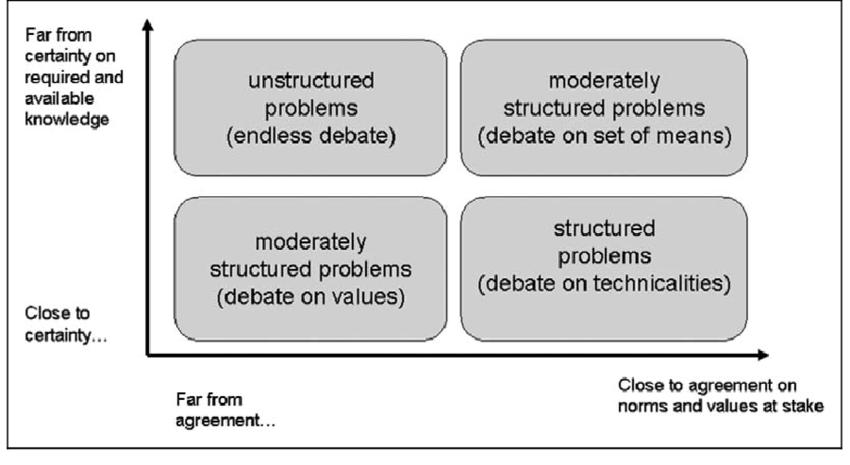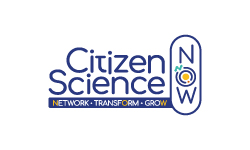The need for structuring Citizen Science
March 2023
 Citizen science is increasing in popularity and more and more initiatives appear on the scene. It is, to many, clear what citizen science encompasses: the inclusion of citizens in the conduct of science. What is less clear, is the why question. For example, one can view citizen science from an epistemological or non-epistemological perspective. In short, epistemological motivations rely on the conduct of science itself. Arguing in favour of citizen science would, from an epistemological perspective, rely on showing that citizen science improves science itself. From a non-epistemological view, however, one would need to demonstrate that citizen science is conducive to societal values and therefore desirable.
Citizen science is increasing in popularity and more and more initiatives appear on the scene. It is, to many, clear what citizen science encompasses: the inclusion of citizens in the conduct of science. What is less clear, is the why question. For example, one can view citizen science from an epistemological or non-epistemological perspective. In short, epistemological motivations rely on the conduct of science itself. Arguing in favour of citizen science would, from an epistemological perspective, rely on showing that citizen science improves science itself. From a non-epistemological view, however, one would need to demonstrate that citizen science is conducive to societal values and therefore desirable.

It seems to be the case that there is not a consensus on the motivating factors behind citizen science, which is reflected in the variety of methods and contexts. The Dutch scientist Robert Hoppe identified a typology for problem structuring. From this typology, citizen science can be seen as an unstructured phenomenon, with only a general rule of thumb. What exactly the problem is that needs to be solved, remains unclear, and neither is there a consensus on the underlying values. What works for one project, does not work for another. One initiative tries to include citizens in all stages of science, while the other utilizes citizens for parts of science. If citizen science is focused on improving science, then it would be critical to assess the roles of citizens in science, and which roles under which contexts improve scientific conduct. Examples include Anderson’s standpoint epistemology, which argues that individual experiences play a great role in one’s expertise; hence citizens, regarding their potential varying backgrounds, should be included as much as possible, for science to flourish. From a non-epistemological view, a major argument for citizen science could be democratization. This would not necessarily lead to better science, but it could be conducive to increasing accessibility and fostering ‘emancipation’ of citizens. In order to create and shape a coherent approach to fostering citizen science, it is important to understand that unstructured problems become structured.
Resources:
Standpoint epistemology: https://plato.stanford.edu/entries/feminism-epistemology/
Hoppe’s problem structures typology: https://www.researchgate.net/figure/Typology-of-problem-structures-Hisschemoe-ller-and-Hoppe-1996_fig2_261939745

